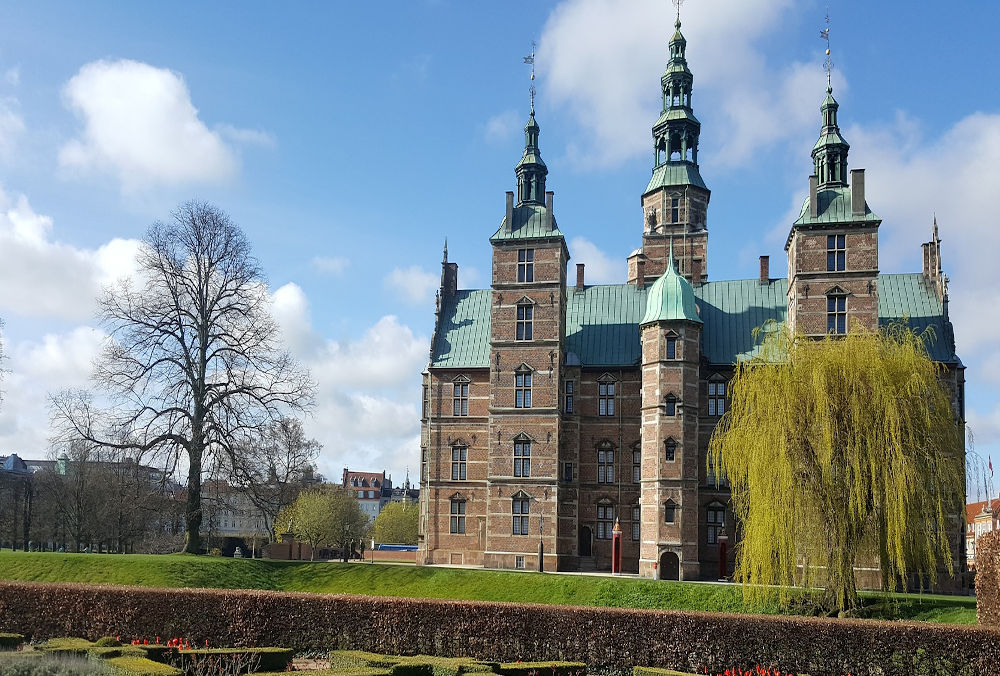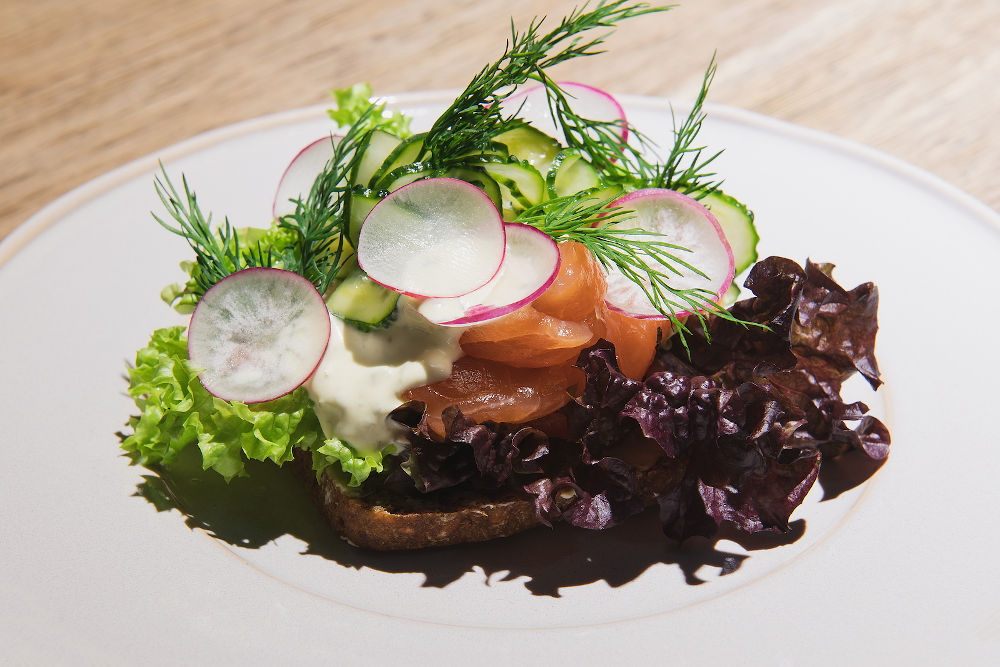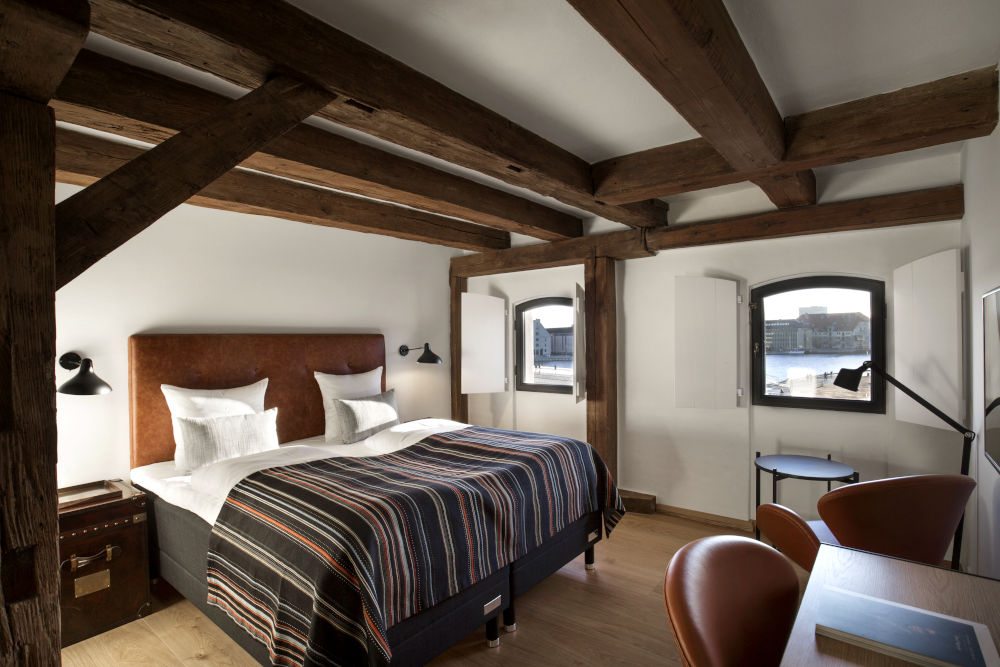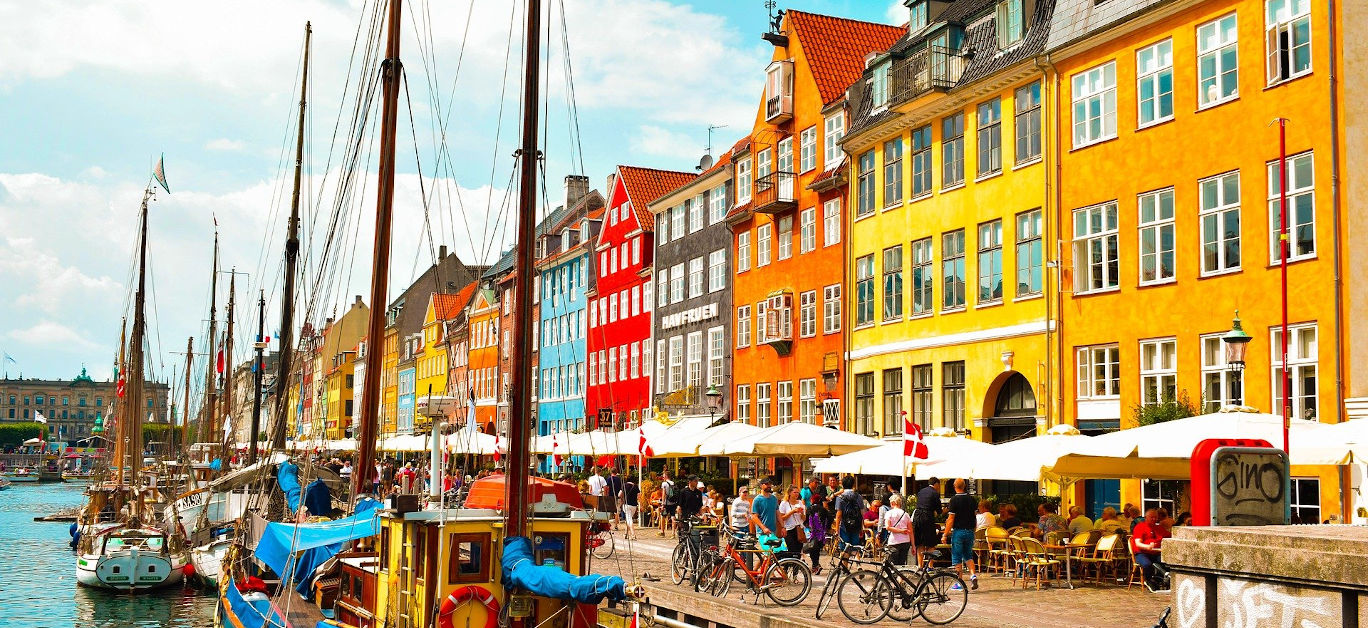Words by Benjamin Russell
Copenhagen is one of those cities that you walk round and feel like you’re missing a trick by not making it your home. It starts with the ease of which you get into the centre via a short subway ride. Once in town you watch its residents cycle along cobbled streets and over bridges spanning glistening waterways as they head to and from work. As you explore further you realise that it doesn’t matter what vibe you’re looking for, you’ll find it.
You can stroll past grand architecture, down modern shopping streets or into the edgy free town of Christiania. You can dive into a cosy pub and top up on hygge with welcoming locals, rub shoulders with hipsters in countless craft beer joints, or enjoy world class food in top notch restaurants. It’s a city offering many lifestyles, all of them it does well. What’s more, they all seem to work together, giving the place the feeling of being comfortable and relaxed in its own skin, creating something that makes Copenhagen truly unique.
What to see and do

When you first arrive in the city, I highly recommend that you jump on a boat tour. You can catch one from Gammel Strand or Nyhavn, and it’s the perfect way to orientate yourself while ticking off many of the tourist sites like Amalienborg Palace and the Old Stock Exchange. It also allows you to make mental notes of the riverside bars you will want to visit later. After winding through the narrow canals and under the low bridges of the centre, the water broadens out seaward where you’ll pass the famous Little Mermaid statue.
Something you won’t pass on the boat tour is Rosenborg Castle, the 400-year-old building that is home to the Danish Crown Jewels and is well worth a look. The castle is set in Kongens Have (kings garden), an oasis of nature among the city’s bustling shopping streets and the structure itself is surrounded by a moat which is home to huge carp that patrol the surface, maintaining eye-contact with passers-by in the hope of getting some food.

Once you’ve absorbed the old, it’s time to check out the new. Head over the Amager area where you’ll find the city’s waste-to-energy plant. A trip to the dump isn’t usually on most travellers’ hit list of must-see destinations but the Danes do things differently. Theirs is a remarkably flat country, but its population loves to ski. That is why they built CopenHill, a dry ski slope that winds its way down from the plant’s towering chimneys back to the ground.
There are ski instructors and equipment hire on site and different levels to start off from, making it open to all abilities. If you’re more into the après ski scene, they’ve got that covered too. There’s a bar in the ski shop, but an elevator ride will take you through the heart of the power station to a brand-new cafe with incredible views. You can look out over Copenhagen – or out to another green energy source – the wind farms out at sea.
Where to eat

With the global success of the likes of the Michelin starred Noma and the wizardry of Alchemist, Denmark’s Nordic food scene has become some of the coolest gastronomy in the world. In a weekend, there’s just too much to pack in, but Cindie Christiansen has the answer to this. Savvy to the food scene that was growing she launched Foods of Copenhagen which offers food tours around the city.
It will give you the chance to try everything from Danish pastries (which you’ll learn are actually Viennese) at the 150-year-old family owned Les Glaces; a selection of locally produced goodies at the bustling Torvehallerne food market; and a take on the classic Danish open-faced sandwich, the Smørrebrød, at Michelin recommended Selma, which serves beautiful cuisine marrying the traditional and the innovative.
If you’re looking to get a bit more hands on when it comes to dinner, head to the suburb of Valby for a cooking class at Timm Vladimir’s Kitchen, set up by two-time Danish Master Chef winner. This isn’t your normal cooking class – consider it more a cooking party. Wine and bubbles are free flowing, as are the latest creations by the kitchen’s excellent brewmaster, Joachim. There are four craft beers on tap to help yourself to as you cook, it’s a lively atmosphere and everyone has a laugh and a natter as they prepare some truly delicious food.
Where to stay

Image courtesy of 71 Nyhavn
If you search Copenhagen online before your trip, you will spot the popular image of Nyhavn. The iconic row of coloured buildings nestled alongside a boat lined harbour make it the picture-postcard face of the city. The area used to be a no-go-zone unless you were a sailor looking for companionship or a fight, but now it is the most Instagrammed part of town and there’s no better place to base yourself.
As well as the picturesque surroundings, it’s a short walk from the centre of town and is well connected by river taxi. At the end of the harbour is 71 Nyhavn, a tastefully renovated 19th century warehouse that manages to pay tribute to its industrial past while offering modern, stylish comfort across its 130 rooms. It has great views of the harbour and beyond, and you could easily while away the hours just watching the comings and goings on the water.
Factbox
Double rooms at the 71 Nyhavn Hotel, start from £175.
A place on the Scandinavian Gourmet course at Timm Vladimir’s Kitchen is £130, and tours with Foods of Copenhagen, are from £115. Urban skiing at CopenHill costs £17 per hour.
A Copenhagen Card will get you into 87 attractions in the city, including Rosenborg Castle. It will also get you onto the boat tour and all public transport including the subway, buses and water taxis. It costs £85 for an adult ticket and £43 for a child ticket covering a 72-hour period.






















